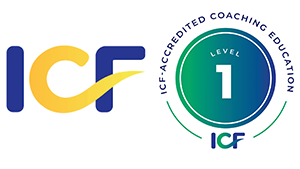Life coaches are people who help others develop plans and strategies to reach their goals. They force their clients to think critically about what they want in their lives and help them set up ways to achieve it.
Whether you are a new coach or a coach that has been working for a long time, here are three good techniques you can utilize in your life coaching sessions.
THREE good techniques to use in your life coaching sessions
- Ask open-ended questions. First, it’s important to ask open-ended questions. When you ask open-ended questions, the conversation can flow nicely, and your client can open up more with their thoughts and struggles. This type of questioning also encourages self-reflection and encourages the client to find answers within themselves.
- Engage in active listening. Next, active listening is an integral part of being a good coach. Active listening is the ability to focus completely on what a client is saying and not saying. This helps understand the meaning of what is said in the context of the client’s desires and self-expression. Active listening works in tandem with asking open-ended questions to further help your client formulate their own conclusions.
- Role-playing games. Finally, depending on what type of coach you are, role-playing games can be highly beneficial to your coaching process. For example, if you’re coaching someone interested in a career change, playing out how an interview may go can be very helpful. Likewise, if someone struggles with their dating life, role-playing those situations can also be helpful.
If you love helping people, becoming a life coach can be a dream career because it allows you to help clients get the most out of their lives. The best way to ensure that you are giving your clients the best you can give them is to invest in a certified training course. Coach Training Alliance offers a Certified Coach Program that allows you to develop your coaching skills over six months and graduate with a certification and growing practice.









